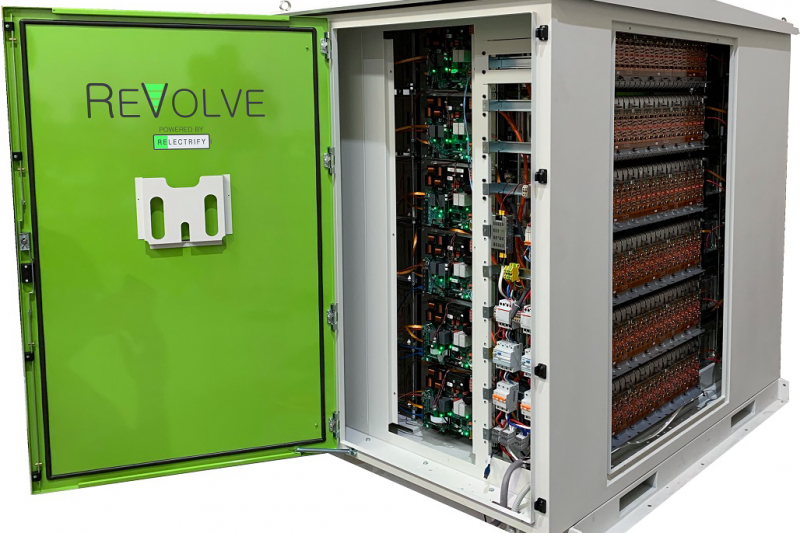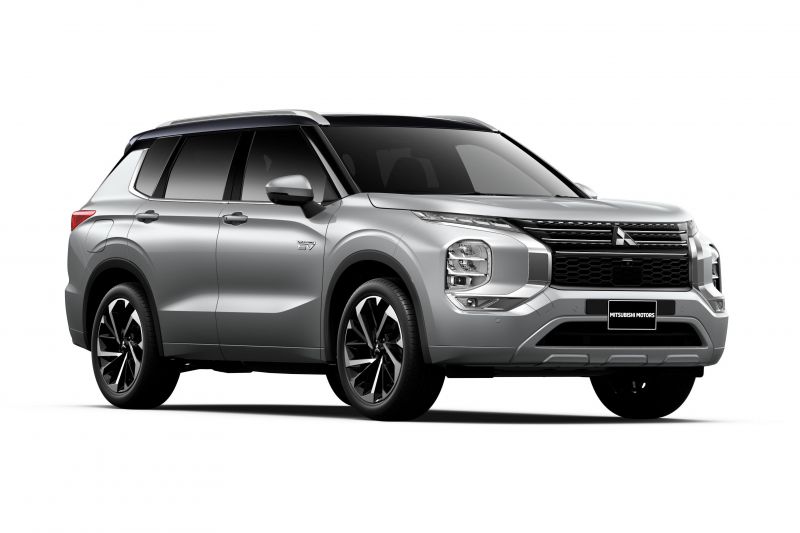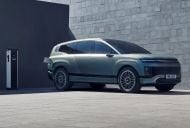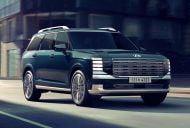Mitsubishi Australia is looking to give high-voltage batteries from previous-generation Outlander Plug-in Hybrid EVs (PHEVs) a new lease as part of a static energy storage system.
The Japanese carmaker is partnering with Melbourne-based energy storage company Relectrify to produce two prototype 80kW static energy storage systems made up of previous-generation Outlander PHEV batteries.
Mitsubishi Australia is sourcing these used Outlander PHEV batteries from its dealer network, and aims to only re-purpose those that have a capacity of around 60 to 80 per cent remaining.
The current plan for these prototype energy storage system units is to be storing energy at Mitsubishi Australia’s head office near the Adelaide Airport from the middle of 2023.
They will be charged via solar, or when bi-directional capability is compliant, via PHEVs.
Mitsubishi has a vision to develop the technology to a point where all drive batteries can be re-purposed, and can be adopted through its dealer network to reduce overall grid reliance.
This isn’t the first time Mitsubishi has investigated this technology, as in 2020 it implemented a 1MWh storage system at its Okazaki production plant using old Outlander PHEV batteries.
This closed the production loop as the Outlander PHEV batteries were partially powering the production of new Outlander PHEVs.
A similar project to this includes the Nissan Node project which will see repurposed Nissan Leaf batteries partially powering the production of Leaf BEV components at the Nissan Casting Australia Plant in Dandenong, Victoria.
The Nissan Node project is also being completed in partnership with Relectrify, which makes sense given Nissan owns a large stake in Mitsubishi.
On this topic, another Melbourne-based company, Infinitev, is currently developing a pilot battery energy storage system that uses old Nissan Leaf batteries and stores 120kWh. Its target for commercial sales is March 2024.
Mitsubishi introduced the second-generation Outlander PHEV locally in August this year with its larger 20kWh battery pack, new battery cooling system and more powerful electric motors. It’s also available as a seven-seater for the first time.
The carmaker recently detailed some running tweaks to the range for 2023 ahead of first arrivals set for January next year.
These include a price rise of up to $1500, depending on the variant, as well as a number of new safety and convenience features.
MORE: Everything Mitsubishi Outlander
MORE: 2023 Mitsubishi Outlander PHEV updates detailed










